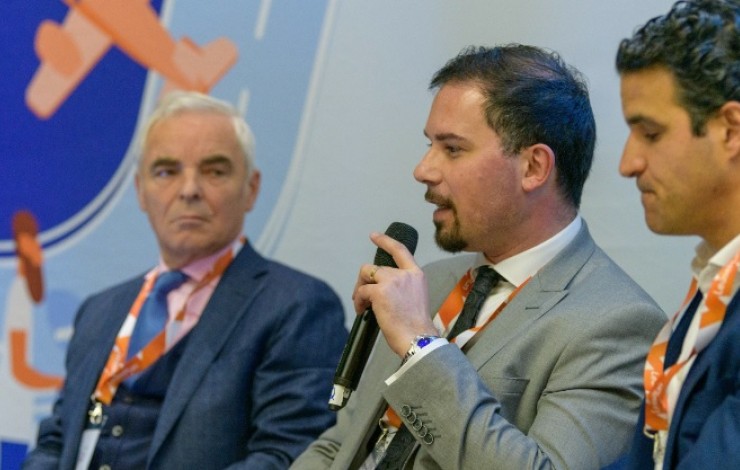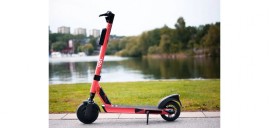The first edition of Human Capital Europe was organized on November 26th, 2019 and featured tens of local and international experts who discussed the topics of HR and mobility. During the second part of the Mobility Summit, the keynote speakers notably focused on data and tech, which are the key drivers to create new mobility solutions.
Tamy Ribeiro (Chief Mobility Evangelist & Head of Partnerships at Wunder Mobility) gave a presentation entitled "The Impact of Tech Mobility on Car Ownership". She first stated: "as population continues to grow, we have to adapt and find new solutions. The existing infrastructure cannot keep up. We need to share and new businesses and technologies are starting to develop such solutions". Tamy Ribeiro then explained that "it is not only about developing new alternatives, but rather a question of changing the drivers’ behavior". For instance, over half of Gen Z do not see the need to have a car. There is actually a demographic shift going on and the need of owning a car is decreasing on average 10% per generation. Moreover, platform-based businesses are becoming more common through the evolution of the Internet. Here are some of the current trends that are transforming the drivers' behavior: ride hailing, round-trip char-sharing and free-floating car-sharing. She ended her presentation with a focus on Luxembourg, stating that "commutes in Luxembourg have become drastically longer in recent years. In 2015, the average commute for employees in Luxembourg took about 32 minutes. In 2018, the number of minutes the average employee takes to get from his home to his office has more than doubled from that 2015 figure, to a whopping 79 minutes!"
Adélaïde de Couëssin (Partnership Officer at Via ID) then focused on "Mobility as a Service". She first shared that the revolution that is transforming the mobility sector can be compared to what happened to other industries, namely music and tourism. "The current MaaS trend, which stands for Mobility as a Service, consists in a marketplace with applications offering several services. For instance, Uber is providing mobility and food services and has partnerships with many companies and cities," she commented. She then insisted on "proximity" and "customization" aspects of MaaS applications and added that it is key to share data between different suppliers to offer better services.
"Innovations in mobility industry" was the name of the presentation shared by Carlo Iacovini (Marketing Director at Local Motors). He first explained that several products are now 3D printed before sharing the example of Olli, a self-driving platform/autonomous shuttle, whose strategy is to address the big market of short trips. "They can easily customize the vehicles because they are 3D printed," he added. Carlo Iacovini then focused on the human-machine-learning interface that is used in the Olli to communicate with riders and the outside world, and aims to reinvent rides in terms of comfort, safety, experience and utility.
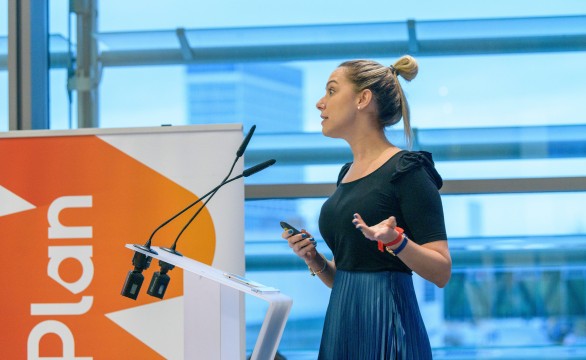
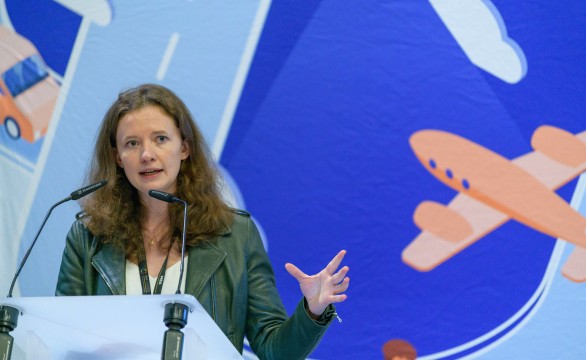
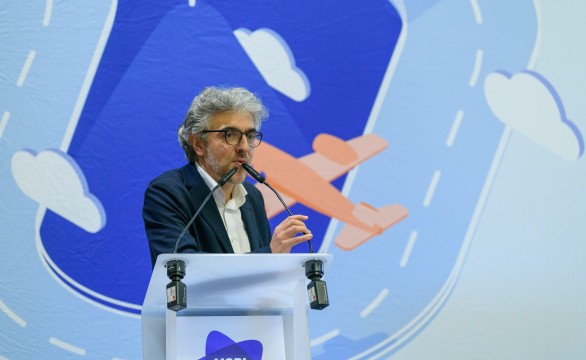
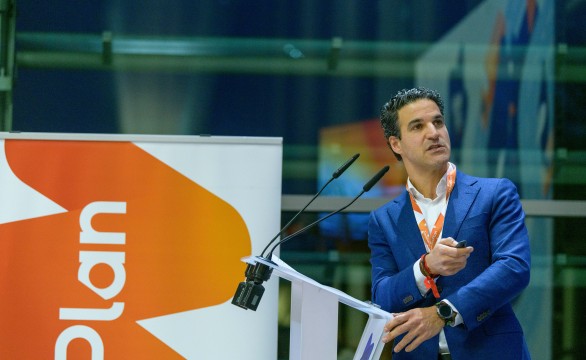
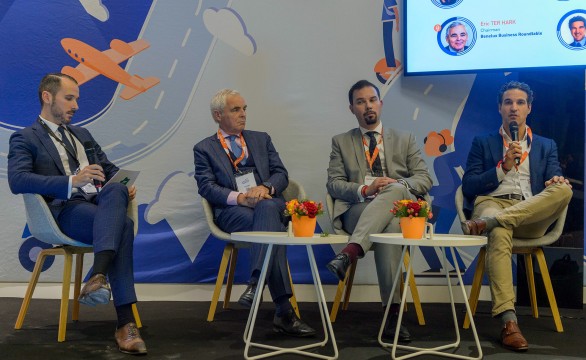
"Does Independent data collection prevent cars from becoming too smart?" was the question asked by Arik Suissa (Senior Manager Operational Excellence and Telematics Lead at LeasePlan). "LeasePlan wants to be a 'what's next' company, which is why we invest in telematics and focus on the use of data. But the question of data hunger remains, especially in the car environment," he said before adding: "actually, we don’t know what data the car manufacturers are collecting about us. Some of them are collecting what music you are listening to, who you are calling, how many times you are honking, etc." He also added that the collection of data can help move our society and that car data can help with the transition from fossil fuels to electric vehicles: our society could therefore become more sustainable. Arik Suissa then went on to discuss the topic of predictive maintenance and explained how data can add a lot of value to LeasePlan and its customers.
Finally, a roundtable moderated by Kevin D'Antonio (Senior Manager - Strategy and Innovation Leader at EY) brought together Jean Schiltz (Deputy Director Smart Mobility at Ministry of the Economy), Eric Ter Hark (Chairman, Benelux Business Roundtable) and Arik Suissa, around the topic of "Data Management and autonomous vehicles". According to Jean Schiltz, "autonomous vehicles rely on technological advancements", making data a key piece in their development. "Some standardization in data is necessary across carmakers to allow autonomous vehicles to communicate with each other and with smart cities," then added Arik Suissa. Eric Ter Hark explained that cross border agreements between Benelux countries and others such as the Netherlands, were also key in the current environment. Arik Suissa insisted on the fact that data should be collected independently and should be used to actually help people and solve traffic problems. He also added: "the demand for private ownership will progressively decline, and LeasePlan is already taking an active part in the shift from ownership to usership. There will be new entrepreneurs and startups that are going to be part of that industry, and traditional companies will have to transform". On the topic of "Luxembourg has a smart mobility hub", Jean Schiltz explained how unique the country is thanks to the proximity of its actors and its size. He added: "we will be able to deploy solutions once everyone is on the same page. We are very open for new mobility services and ideas to tackle our current problems. Moreover, Luxembourg has very close contact with its neighboring countries and has many people crossing border for work".
Anne Reiser & Alexandre Keilmann
Photos: Dominique Gaul



